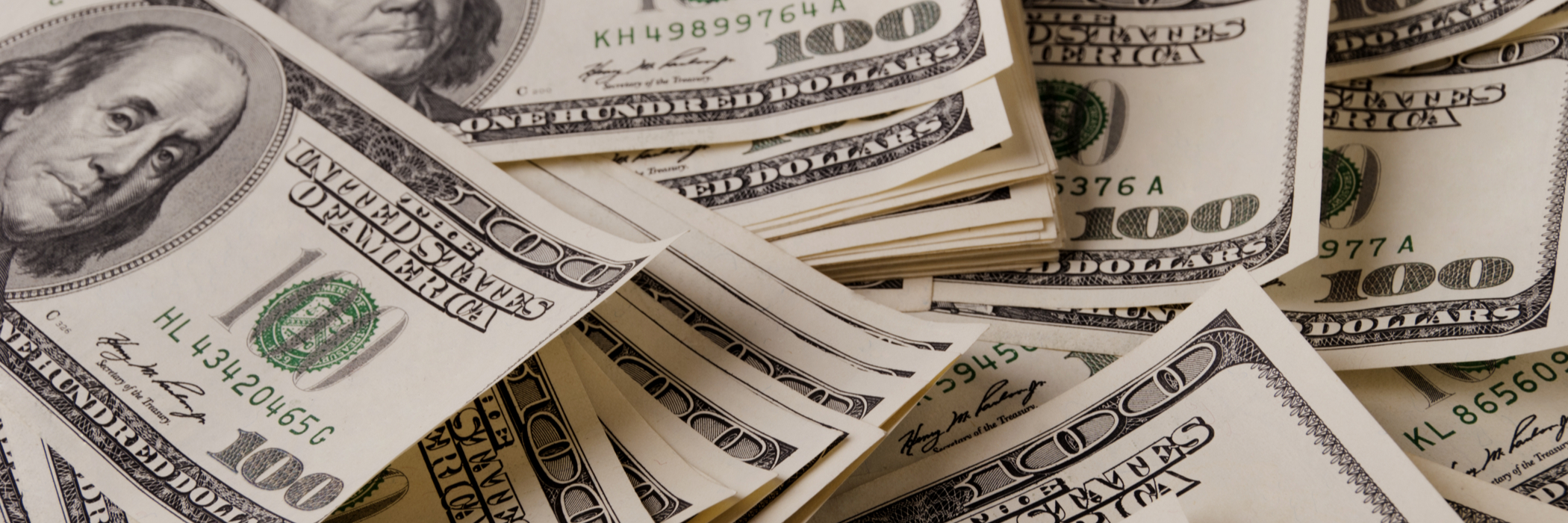
‘The Ugliest Chapter Since Slavery’: How Illicit Financial Flows Thwart Human Rights in Africa
The Universal Declaration of Human Rights turned 70 on December 10. Governments and civil society organizations around the world commemorated the day with a range of activities.
Over the years, the Declaration has been a global beacon for Africans fighting against colonialism and for inclusive economic equality and sustainable development. Its provisions stand as aspirational goals for nations, and standards that nations are duty-bound to uphold and promote.
But what if despite your country’s commitment to uphold these and other fundamental freedoms, every year it was robbed of the financial resources necessary to promote and protect rights?





